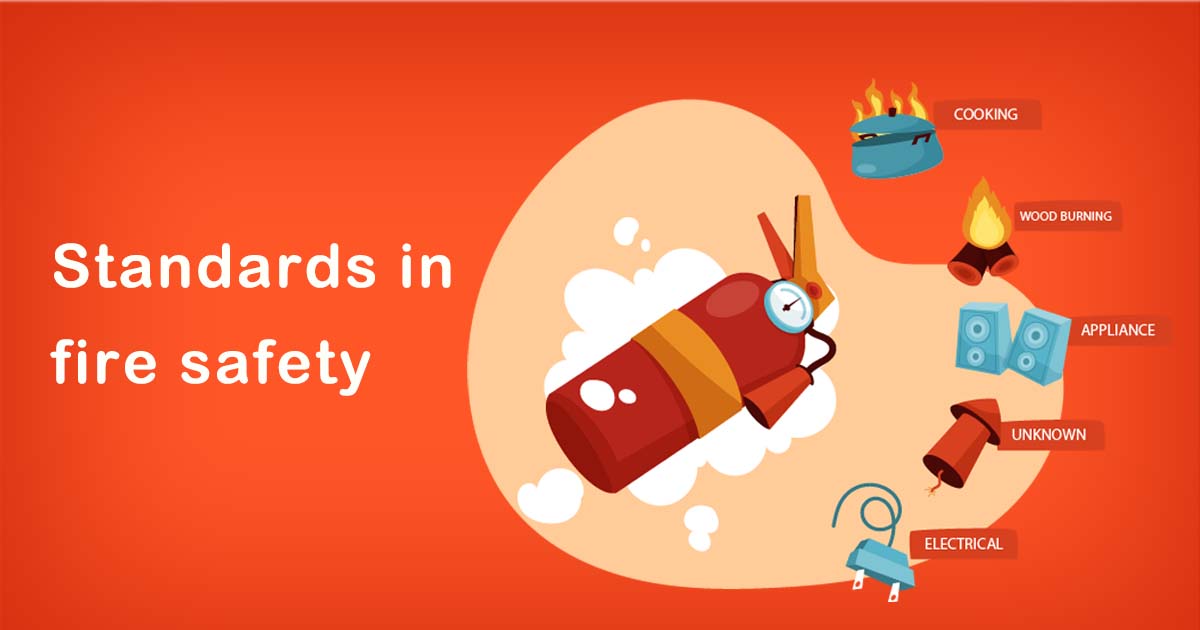Ensuring Fire Safety in US Offices: Training with Best Practices
Ensuring Fire Safety in US Offices: Training with Best Practices
Blog Article
From fire alarms to evacuation plans, US offices must comply with strict regulations to minimize risk and meet insurance and legal standards.
This article explores how American companies can strengthen fire safety through up-to-date certifications.
By the end, you’ll have a practical roadmap for ensuring your office meets the highest fire safety standards and safeguards your most valuable assets: your people.
The Importance of Workplace Fire Safety
Fires can happen anywhere, and offices are no exception.
Investing in proper fire safety measures is not just about meeting legal codes; it’s about creating a culture of care and preparedness.
In the US, workplace fire safety is regulated by a mix of national standards (like NFPA guidelines) and local fire codes.
How Fire Brigade Training Prepares Offices for Emergencies
This training is essential for ensuring that offices can respond quickly and safely if a fire breaks out.
Employers are responsible for selecting suitable fire wardens and ensuring they receive regular training updates.
Choosing a certified training provider is critical.
Steps to Pass Fire Safety Inspections
These certifications confirm that the office has adequate fire alarms, extinguishers, evacuation plans, signage, and trained personnel in place.
Review your emergency action plan, ensuring it’s accessible and clearly communicated to all staff members.
Keep detailed maintenance records, update training logs, and perform regular fire drills to stay prepared.

Best Practices to Maintain Fire Safety Year-Round
This includes routine equipment checks, clear communication, and fostering a culture where all employees understand their role in fire prevention.
Ensure that emergency exits remain unlocked, clearly marked, and free of obstructions at all times.
Employee engagement matters too.
Legal and Insurance Implications of Fire Safety Compliance
Failing to meet fire safety standards can have severe legal and financial consequences for US businesses.
In the event of a fire, inadequate documentation or proven negligence may result in denied claims, leaving businesses to cover damages out of pocket.
Investing in compliance is not just about avoiding penalties—it’s about protecting your assets, your team, and your future.

Why Every US Business Needs Strong Fire Safety Practices
US companies that take fire safety seriously strengthen their resilience, enhance employee confidence, and minimize operational risks.
They not only meet legal obligations but also build trust with employees, clients, and insurers.
With the right approach, your company can navigate challenges confidently and ensure a safer, more secure future for everyone.
Common Questions on Workplace Fire Prevention
Who needs fire warden training in a US office?
However, all employees should receive basic fire safety orientation and know evacuation procedures.
What is the renewal period for fire safety compliance?
Some certifications also need updates after renovations, equipment changes, or occupancy shifts.
What are common causes of office fires?
Common causes include electrical malfunctions, overloaded power strips, kitchen accidents, improperly stored flammable materials, and heating equipment issues.
How does fire safety affect insurance coverage?
Insurance companies often require proof of fire safety compliance, including certifications, equipment maintenance, and training records.
What should be included in an office fire safety plan?
A good fire safety plan includes evacuation routes, assembly points, alarm procedures, roles for fire wardens, communication protocols, and equipment locations.
normas de incêndio clique aqui para saber mais clique aqui Report this page